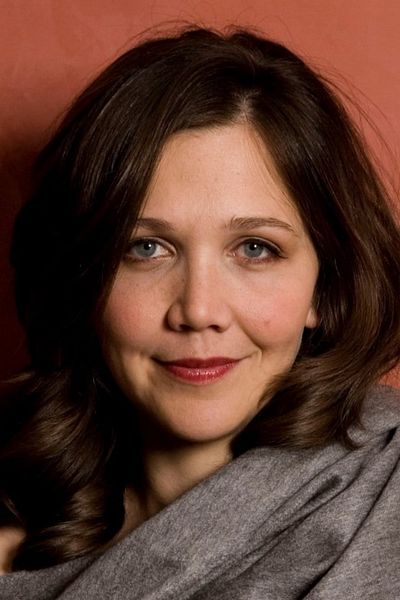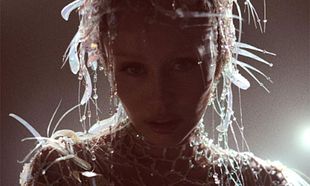Leda (Olivia Colman) is holidaying alone in Greece when she becomes entangled with a young mother (Dakota Johnson) who is struggling to keep hold of herself. As she observes her, Leda's memories of her youth seeps back in as she begins to examine her relationship with her children, her husband (Jack Farthing), and the very concept of womanhood and motherhood...
There's a moment, right towards the end of the movie, where Dakota Johnson's character tearfully tries to put a name to the thing that has been plaguing her throughout the movie, and has followed Olivia Colman's character from her youth - played exquisitely by Jessie Buckley - through to her age now. That it has no name, yet is so immediately recognisable and human, speaks to so much of what makes 'The Lost Daughter' an enthralling story. None of the characters - either Olivia Colman, her younger self in Jessie Buckley, or Dakota Johnson - are able to pinpoint why they are what they are, and how they came to be what they are. It's hinted that Colman / Buckley's character from a dark place, and so to has Johnson's character, but even that doesn't feel like a full explanation. Colman's character puts it best. "I'm an unnatural mother."
The concept of the unnatural mother is one that's existed in literature for hundreds of years and been explored in feminist academia, but it's something that has only ever been briefly touched upon in film - and very often done through a male lens. Here, writer-director Maggie Gyllenhaal is able to deftly grapple with the inconsistencies and nuances of the idea, and do it in such a way that it's easily communicable and understandable. It helps, of course, that she's got an all-star cast giving voice to these feelings. Olivia Colman, Jessie Buckley, Dakota Johnson, Dagmara Domińczyk, Paul Mescal, Ed Harris - they're all firing on all cylinders, all of them sparking up against each other, all of them able to sit in silence with a scene and let that do the talking.
Colman, in particular, is able to command a scene with ease and can project decades of anguish and resentment into her eyes with a mere blink. Of course, when the genus of those emotions are played out by Jessie Buckley, it just adds another layer to her performance. The dynamic that exists between Colman and Johnson is intriguing. Neither sees one as a mother / daughter surrogate, nor do they see each other as equals or opposites either. Again, so much of what makes 'The Lost Daughter' so fascinating is that is that there are so many unspoken things and undefined moments, yet they all have a tangibility to them that makes them completely real to their characters and to us watching it all unfold.
For Maggie Gyllenhaal to grapple with such weighty subjects on her first movie as a writer-director speaks to her well-founded confidence in her own abilities. There's a sensitivity in her work and how she interprets certain scenes that could have easily been lost in another's hands. Considering that her own work as an actor has always been so vibrant and emotionally rich, it's not hard to see why she's able to bring out such rich and intelligent performances from her cast.
If there's a complaint in 'The Lost Daughter', it's that the climax of the story feels somewhat empty and almost a little rushed and sloppy. For a movie that is so studied and considered throughout, it sits unevenly alongisde the rest of it. Despite this, 'The Lost Daughter' is nevertheless fantastically performed, assiduously directed, and offers a mature and emotionally rich examination of womanhood and motherhood, and desire and duty.




















































































